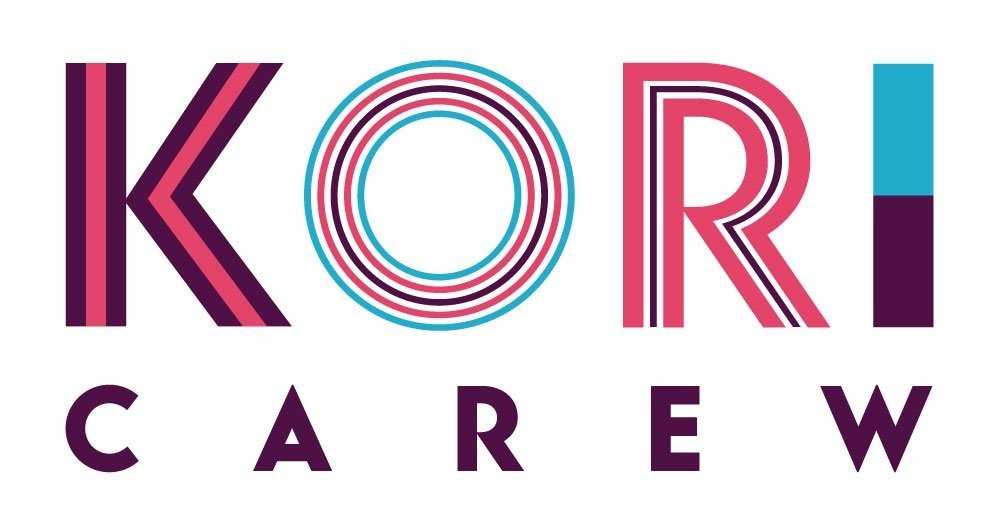Using a Receipt as a Check: Where Your Treasure Lies
"What does valuable mean?"
I had to ponder that question and figure out how to explain "valuable" to a child. How do you explain how worth is assigned, how we decide what has value and what doesn't?
It all happened in the drive-thru lane. I handed her the sandwich and my five year old decided to hold on to the receipt. She was excited, like she had something worth keeping. I explained the receipt had no value and couldn't be used like money. "It is my check," she said, more than once. She didn't understand and kept asking why she couldn't use there receipt like a check. I explained that it was not valuable. Which led to her question, "what does valuable mean?" I did my best to explain. "Then why do you keep them in your wallet?"
See, I still keep receipts. One side of my wallet is for receipts I need to submit for reimbursements or get around to place in the tax folder. But the other side? I continue to save receipts as if I still balance my checkbook like I did twenty years ago.
The fact that I saved my receipts in my wallet conveyed to my five year old that I valued them, that they were worth something. Laying next to my money, ID, credit cards they accrued the ability to purchase as did other things in my wallet, in my five year old's eyes.
Two realities and truths jumped out at me from this exchange with my daughter.
First, I am reminded of the scripture that teaches that where you store your treasure there your heart lies. What are you saving? What are you holding on to? Is it an image? A grudge? An accomplishment? Money? Your body image? Asking these questions allows us to refresh where we are and honestly introspect on idols that may have slipped in.
The truth is we often hold on to many things, sometimes unconsciously, often in wallets that are too full. We keep things that should be thrown out, shredded, filed away, or submitted for reimbursement. This is true of our experiences, our pains, our failures and even our dreams. We keep what should be discarded occupying space next to what should be protected, safe guarded, and used carefully.
Second, I am also reminded that we often communicate -- whether we intend to or not -- by our actions. Moving about our days we convey a lot as leaders, parents, colleagues, people of faith, friends, siblings. How often do we pause to ask where a conclusion came from? How often do we verify that what we heard, saw or read is what was communicated?
Our children learn by watching us. They are impacted more by our actions than by our words, lessons and admonitions. And at work we convey so much by how we handle ourselves, even with regard to things we believe have nothing to do with others. I am frequently reminded of times that my behavior communicated a message to my team that was not what I intended (my behavior was focused on something entirely different that had nothing to do with them).
What is in your wallet? What does it say about you and what you value?
